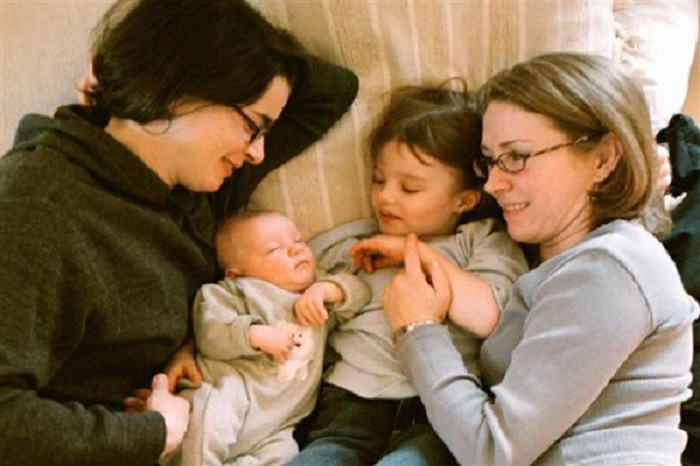News
UK: Perimortem gamete retrieval
Published on: 12/08/2014
 Perimortem gamete retrieval has been a possibility for several decades. It involves the surgical extraction of gametes which can then be cryo-preserved and stored for future use. Usually, the request for perimortem gamete retrieval is made by the patient's partner after the patient himself, or herself, has lost the capacity to consent for the procedure.
Perimortem gamete retrieval has been a possibility for several decades. It involves the surgical extraction of gametes which can then be cryo-preserved and stored for future use. Usually, the request for perimortem gamete retrieval is made by the patient's partner after the patient himself, or herself, has lost the capacity to consent for the procedure. Perimortem gamete retrieval allows for the partner of a dead patient to pursue jointly held reproductive aspiration long after their loved one's death. But how can we know if the dying patient would have consented to gamete retrieval? In the UK, consent is a legal necessity for storing or using gametes—but this is not always enforced.
Moreover, although the issues related to posthumous reproduction have been discussed at length in the literature, few commentators have addressed the specific question of retrieval. Gamete retrieval is an invasive and sensitive operation; as with any other intervention performed on the bodies of dead or dying patients, the nature and justification for this procedure needs to be carefully considered. In particular, it is important to question the idea that consent for such an intervention can be inferred solely from a person's known wishes or plans concerning reproduction.
Perimortem gamete retrieval allows for the partner of a dead patient to pursue jointly held reproductive aspiration long after their loved one's death. But how can we know if the dying patient would have consented to gamete retrieval? In the UK, consent is a legal necessity for storing or using gametes—but this is not always enforced.
Moreover, although the issues related to posthumous reproduction have been discussed at length in the literature, few commentators have addressed the specific question of retrieval. Gamete retrieval is an invasive and sensitive operation; as with any other intervention performed on the bodies of dead or dying patients, the nature and justification for this procedure needs to be carefully considered. In particular, it is important to question the idea that consent for such an intervention can be inferred solely from a person's known wishes or plans concerning reproduction.
Source: Journal of Medical Ethics
- Published on: 28/06/2016
- Gov. John Bel Edwards has reversed course from his predecessor and agreed to create regulations governing surrogacy births in Louisiana. Read more
- Published on: 18/05/2016
- Experts point out that serious questions are raised regarding the birth of a child by an elderly woman Read more
- Published on: 18/05/2016
- A controversial geneticist, Severino Antinori, who became known for helping women over 60 years old to become pregnant, was arrested for stealing eggs from a patient. Read more






